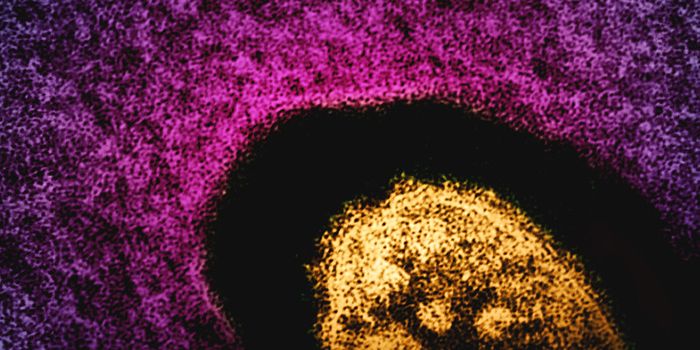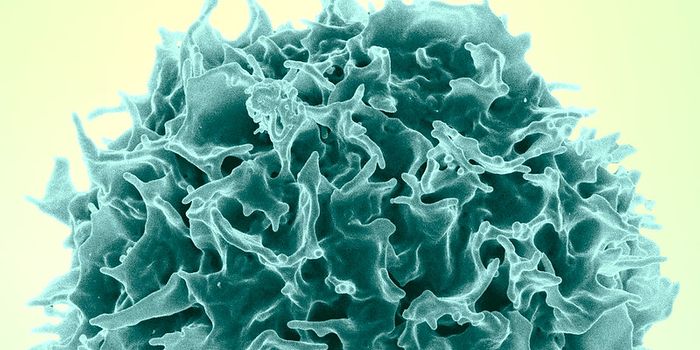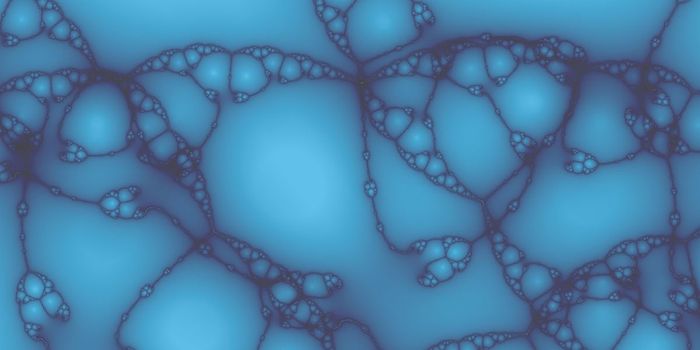Feeling Bloated? A High-Fiber, Protein-Rich Diet May be to Blame
Did your new year’s resolution include opting for a healthier diet? When making changes to your diet, it’s important to be aware of possible side effects and changes your body may experience. And while you may be making the right choices, you could be suffering from side effects that may seem to be hindering your progress.
High fiber diets are one example of this situation, and a new study from Johns Hopkins Bloomberg School of Public Health examined why some high fiber diets can lead to bloating. According to this new research, those who eat high fiber diets rich in protein versus those that are carbohydrate-rich are more likely to experience bloating. By analyzing data from a clinical trial of high fiber diets, the researchers determined that the 164 participants who ate a heart-healthy, high-fiber diet rich in plant protein were about 40% more likely to experience bloating than those with a carb-rich diet.
The findings of this study were published earlier this month in Clinical and Translational Gastroenterology. According to the study, participants were provided with three versions of a high-fiber diet different in carbohydrate, protein, and unsaturated fat composition. Each diet period lasted six weeks, with a two to four week reset period in between. Participants reported the presence and level of bloating at the beginning of the study (when they were eating their regular diet) and at the end of each diet period. The results found that bloating went from 18% before diets to up to 33% for the protein-rich diets.
In a news release from Johns Hopkins University regarding the study, co-senior author Noel Mueller, Ph.D., said, “It’s possible that in this study, the protein-rich version of the diet caused more bloating because it caused more of a healthy shift in the composition of the microbiome.” She notes that the protein in this version of the high-fiber diet included beans, legumes, and nuts. The article also states that high-fiber diets are thought to cause bloating because they boost certain healthful fiber-digesting guy bacteria. These bacteria produce gas as a byproduct, leading to bloating.
The article cites that about 20% of the U.S. adult population suffers from bloating, and because it is a common side effect of high-fiber diets, it may deter many from making the switch. The results of the study suggest that swapping high-quality carbohydrate calories for protein calories might make a high-fiber diet more tolerable. Overall, a high-fiber diet results in a healthier shift in the gut microbiome. Mueller states that “bloating may be just a consequence of a healthy shift in the microbiome, so that if somebody is able to put up with the bloating caused by a high-protein, high-fiber diet, they may ultimately benefit more in other health measures.”
Sources: Johns Hopkins University, Clinical and Translational Gastroenterology










